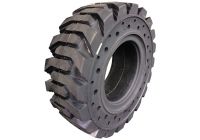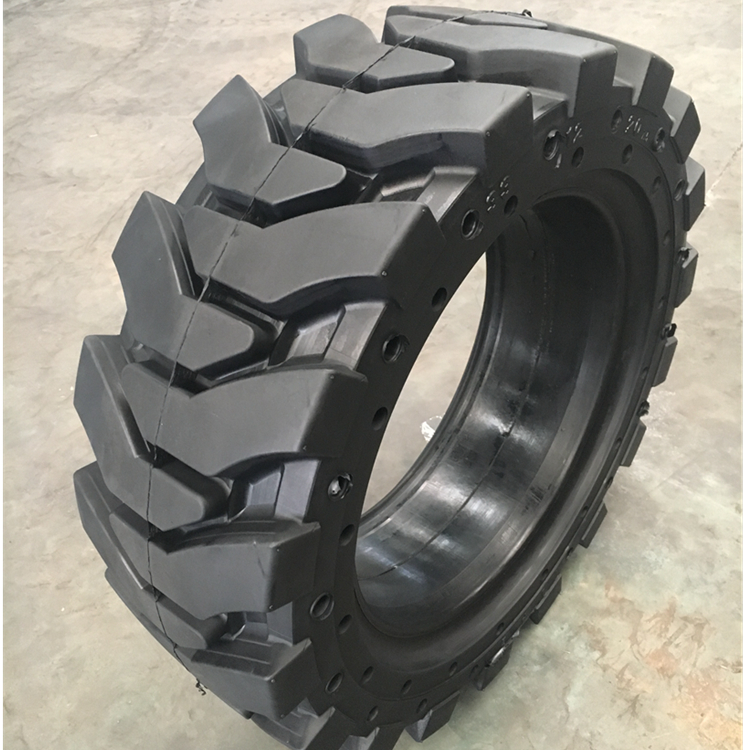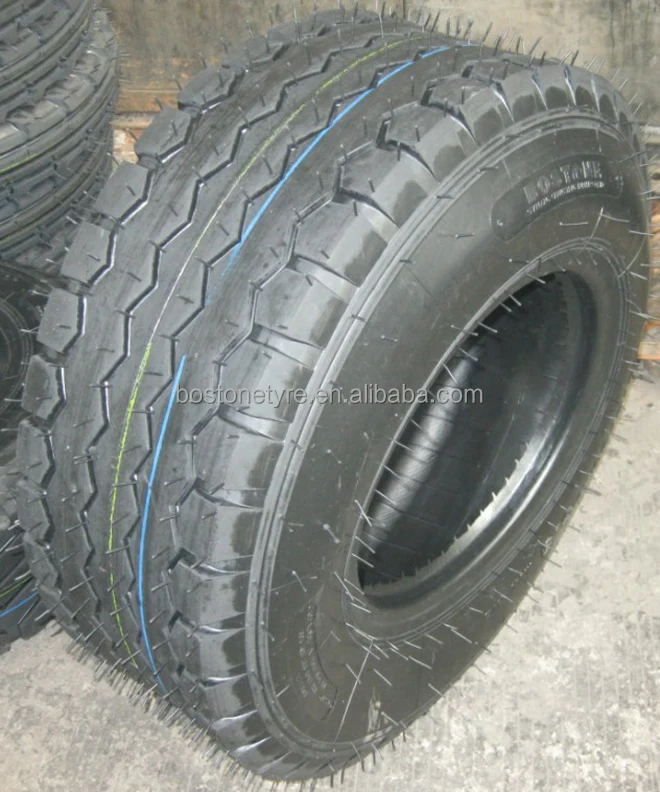Sprayer tyres, Rice transplanter tires and wheels, Agricultural tyres, tractor tires, Industrial Tyres, OTR Tires, skid tires, truck tires

In the ever-evolving world of tires, selecting the right type for your equipment is crucial to optimize performance, efficiency, and durability. Among the most widely used are solid tires and agricultural tires, each designed for specific applications and environments. For professionals in agriculture, construction, and heavy industries, understanding the differences and benefits of these tire types can streamline operations and reduce downtime. In this article, Bostone, a leader in innovative tire solutions, explores the benefits and applications of solid tires and agricultural tires to help you make an informed decision for your fleet.
Solid tires, also known as airless tires, are made from highly durable rubber compounds without any air chambers. Unlike traditional pneumatic tires, solid tires do not require inflation and are not susceptible to punctures, making them ideal for demanding environments where sharp objects or rough surfaces are common. Here’s a closer look at their key benefits and applications.
Puncture Resistance: Since they are solid, these tires are immune to punctures, which greatly minimizes downtime and maintenance costs. This makes them perfect for construction sites, recycling centers, and industrial warehouses.
Low Maintenance: Without the need for air, solid tires reduce the risk of blowouts and require minimal maintenance compared to traditional pneumatic tires. This is especially advantageous in high-stress, high-use environments where operational uptime is critical.
Enhanced Stability: Solid tires offer a more stable ride due to their robust design, which distributes weight more evenly. This stability is beneficial in applications where heavy machinery is used, providing operators with a safer and smoother experience.
Long Lifespan: Built from durable compounds, solid tires have a long lifespan, often outlasting pneumatic alternatives. Their toughness means fewer replacements over time, making them a cost-effective choice for high-intensity operations.
Due to their puncture-resistant, low-maintenance nature, solid tires are widely used in:

Agricultural tires, on the other hand, are specifically designed for farm and field operations. Made with traction and soil protection in mind, agricultural tires help optimize performance across soft and uneven terrain while preserving soil health. These tires are often characterized by their deep treads, which enhance traction and ensure minimal soil compaction. Bostone’s agricultural tire solutions are created to maximize efficiency in farming and other agricultural operations.
Superior Traction: Designed with deep, specialized treads, agricultural tires offer exceptional traction on soft and uneven surfaces, making them suitable for fields and farmlands. This feature reduces slippage, allowing for efficient operation in wet and muddy conditions.
Soil Compaction Reduction: Agricultural tires are designed to distribute the machine's weight evenly, reducing soil compaction, which is crucial for maintaining soil health and crop productivity.
Versatile Sizing and Tread Patterns: Available in various sizes and tread patterns, agricultural tires can be tailored to different types of farming equipment, from tractors and harvesters to plows. This variety ensures that farmers can find the right tire to maximize their equipment's performance.
Enhanced Fuel Efficiency: With optimized rolling resistance, agricultural tires can improve fuel efficiency by requiring less power to move over soft terrain. This benefit is essential for large farms where fuel costs can impact overall profitability.
Agricultural tires are designed for use on:

When it comes to choosing between solid tires and agricultural tires, understanding the specific needs of your application is key. For industrial operations that prioritize durability and low maintenance in environments with rough surfaces, solid tires are the optimal choice. Conversely, if you’re operating within the agricultural sector, where soil health and traction on soft ground are paramount, agricultural tires are essential.
Bostone offers a comprehensive range of both solid and agricultural tires, each designed with performance, durability, and cost-efficiency in mind. With extensive experience in tire manufacturing and design, Bostone is dedicated to delivering tire solutions that enhance operational efficiency and meet the diverse needs of industries worldwide.
For more information or to find the right tires for your equipment, contact Bostone. Whether you’re navigating rugged industrial terrain or tilling fertile farmland, Bostone has the tire solutions to keep your operations running smoothly and efficiently.